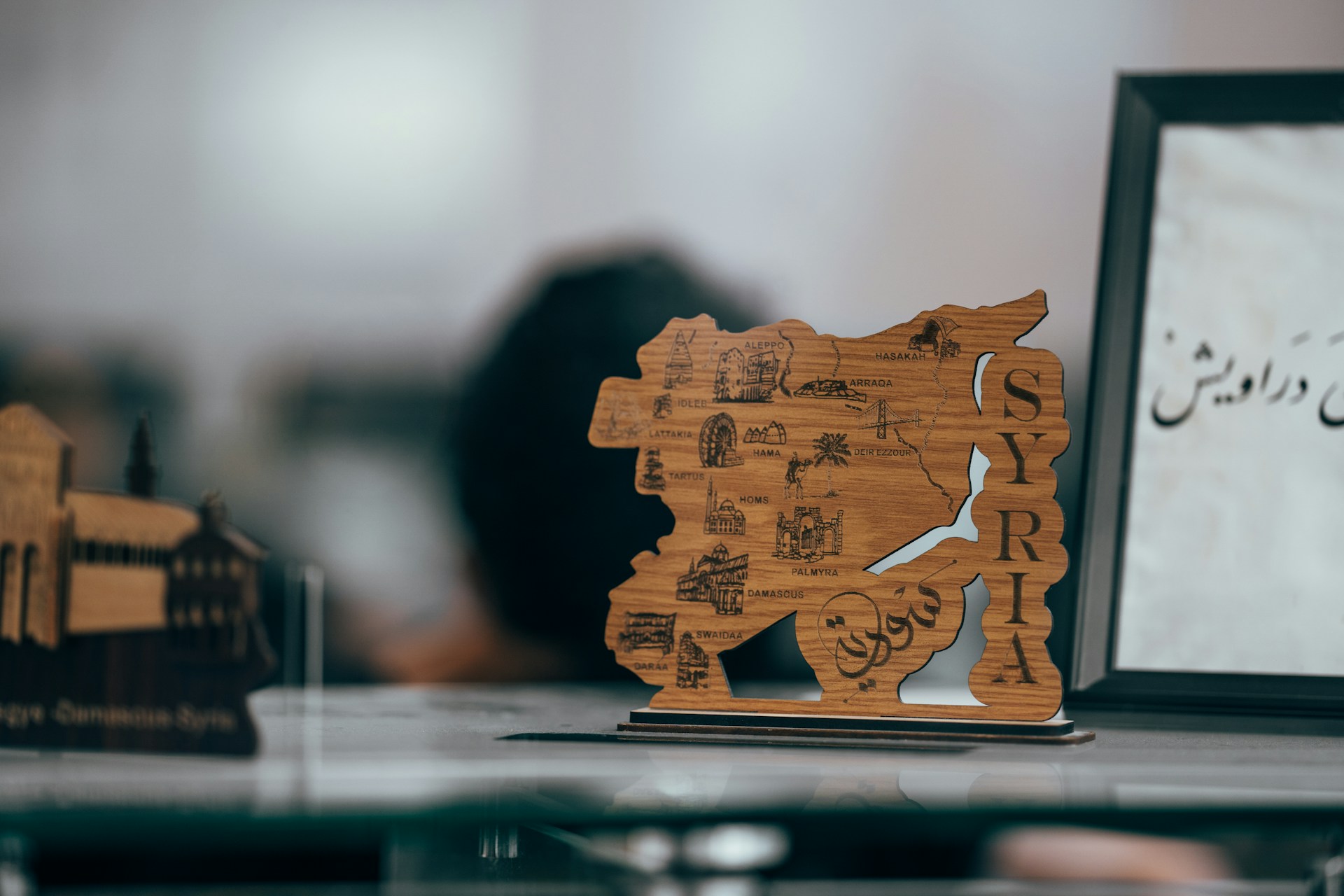When it comes to the Middle East the eyes of the world remain firmly and predominantly focused on the horrific conflict between Israel and Palestine and the ongoing humanitarian crisis in Gaza.
Quite understandably this war dominates western news agendas, but at what cost to other countries in the region? For some the opportunity to push through ideologies and take advantage of the chaos is all too easy.
Syria is one such example, where, since the collapse of the Assad dictatorship a new Government, led predominantly by the HTS, has taken over. It is clear to observers that they are here to stay and that the days of Assad are mercifully, permanently in the past.
So far so good. Yet unverified chatter speculating about the possible return of Assad refuses to go away. To most that is not only a ridiculous notion but a completely impractical one – Assad’s own army and members of his family refused to fight for him in the end. The road from Moscow back to Damascas is most definitely closed.
Sceptics of the new Government believe this misinformation is being deliberately spread by them to evoke fear, increase confidence and try to keep reins on the public of a country that finally has the opportunity to rebuild after such a tragic and turbulent period. Let’s hope this isn’t the case.
The recovery process for any country, let alone one affected in the way Syria was, is complex, fraught with risk and needs to be focused on a solid foundation of transparency, inclusivity and stability. So after decades of oppression what happens next is vitally important and rumours about a return to the old regime are deeply damaging.
The US has started easing restrictions on imports and exports from Syria in a sign that things are very slowly improving but opening the door to investors without providing a stable climate for them to operate in is futile.
For things to really improve the Syrian people need the eyes of the world on them too – helping to hold the new Government to account on an international stage. The spreading of misinformation must stop and the new Government needs to set about easing discourse and bring fractions together in a way that reflects the diverse ethnic and religious tapestry of the whole population. In short they need to be a place of truth and consistency.
Syria may be a country at the start of recovery but make no mistake – it is still very vulnerable. The deep wounds and scars of the past are far from healed and Syrians need to know they will not be forgotten, once again.
To rebuild they have to believe that the future holds hope and that there will be real change. At the moment there is simply reluctantant resignation from a public that doesn’t know if they are being lied to but realizes this could be as good as it gets – for now.
Photo by Omar Ramadan on Unsplash










